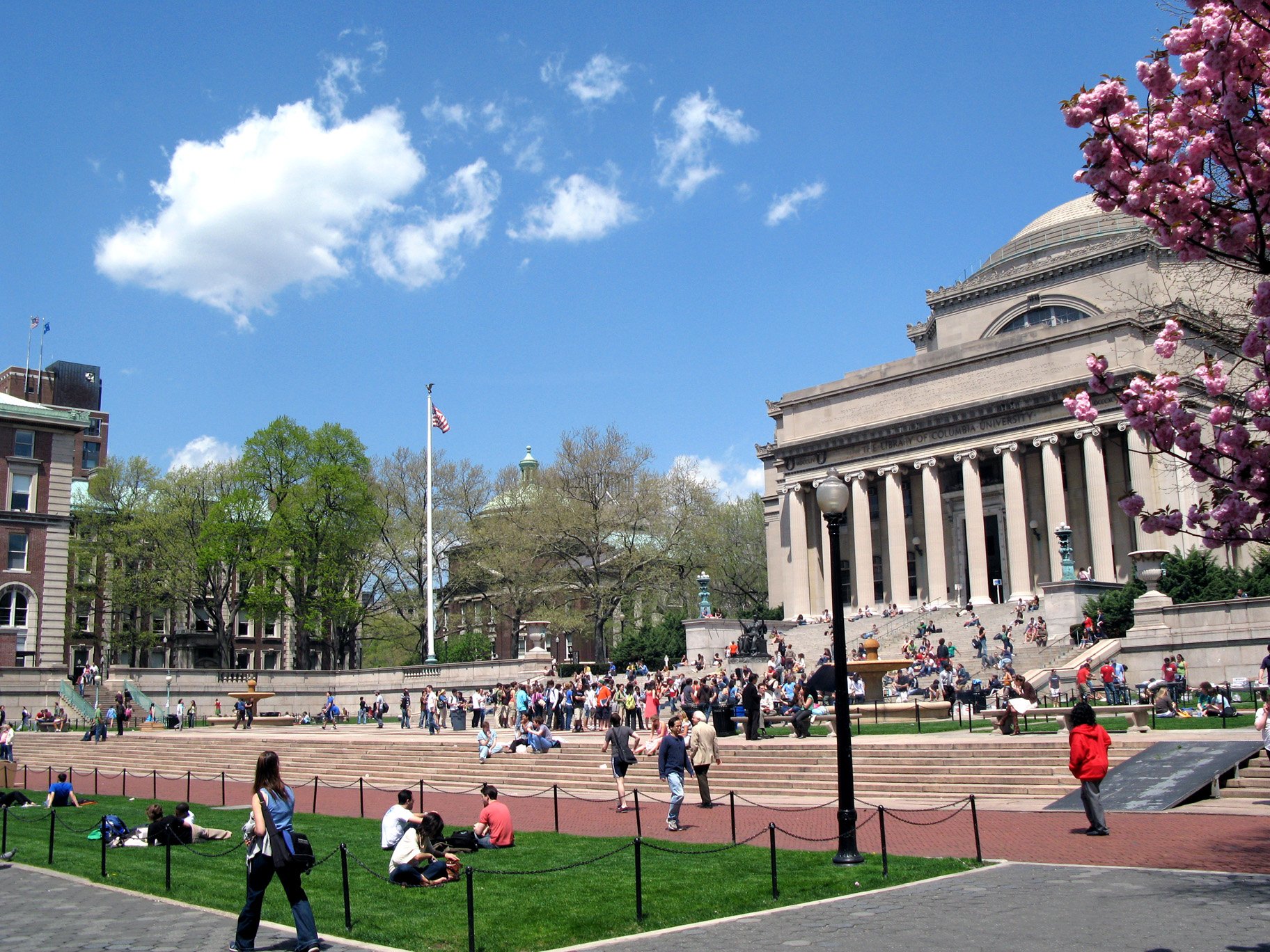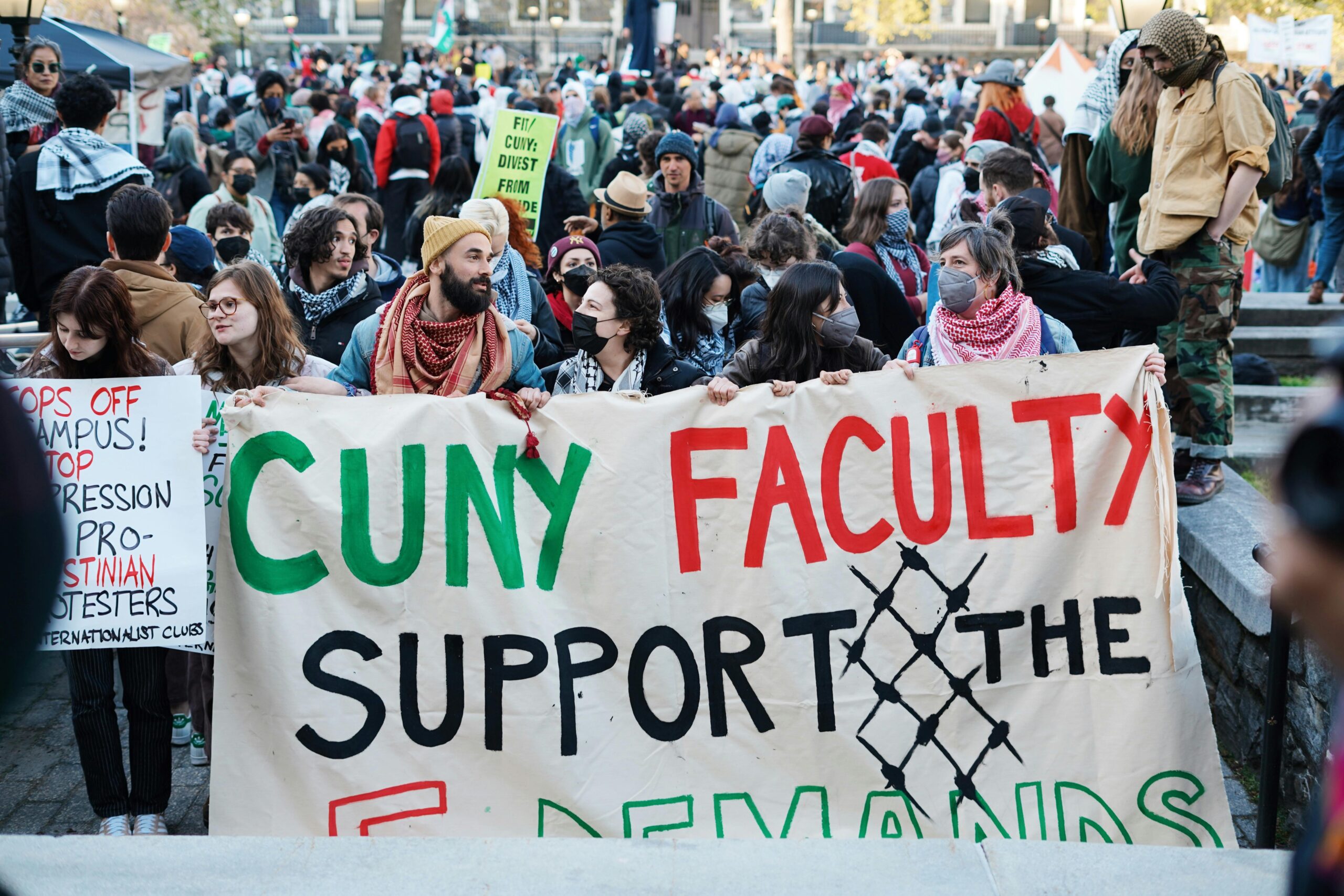
Rav Dovid Hofstedter visits and addresses three camps.
“The Dirshu Daf HaYomi B’Halacha L’Bochurim did so much for us here at Camp Merkaz HaChaim. It taught us what ol Torah is, what it means to learn in a misgeres. It has given us great chinuch lessons in the area of ‘kovata ittim l’Torah.’ Every day is a new shiur, a new set amount to learn. There is no day off. Every day we must learn and know and eventually get tested. That is what Dirshu has taught us this summer. Aside from the learning itself, the importance of kevius is a Dirshu lesson for life that each of us will, b’ezras Hashem, take with us!”
These were the words of Rav Aharon Shea Brecher, menahel of Camp Merkaz HaChaim, as he introduced the nasi of Dirshu, Rav Dovid Hofstedter, to address the camp.
Camp Merkaz HaChaim is one of 12 camps comprising some 2,500 bachurim who have participated in Dirshu’s Daf HaYomi B’Halacha L’Bochurim program this year, the fifth year since the program was established.
On Wednesday, 19 Av/July 28, Rav Dovid Hofstedter visited and addressed three of the participating camps, meeting with bachurim and staff. The three camps were Camp Chazak, Camp Teumim, and Camp Merkaz HaChaim.
A Lifelong Lesson
Rabbi Shaul Pinter, the maggid shiur who ran the program in Camp Teumim and who introduced Rav Hofstedter, explained the tremendous impact that the program had on his talmidim. “One of the critically important things that enhance learning in the summer is structure. When bachurim know that they have a certain amount that they have to learn every day and when they know that if they are tested on that learning and achieve good results they will be rewarded, it transforms the learning experience in camp into a goal-oriented, geshmake experience.”
Rabbi Pinter continued, “Here in camp we have the zechus to become part of a worldwide movement that seeks nothing more from every Yid other than that he should learn more Torah and maximize his Torah learning. Not only that, but they are willing to reward you for your effort! Some of you might focus on the rewards, but the truth is, the ultimate reward is that you have now experienced what it means to learn with a cheshbon, in a structured way. That is a reward from which you will gain for the rest of your lives!”
As the car bringing Rav Hofstedter to Camp Merkaz HaChaim pulled into the camp, the bachurim surrounded the car and began to sing in greeting. The bachurim took the opportunity during the visit to personally give shalom to Rav Hofstedter and many shared with him how they felt that the program had done so much for their learning.
Indeed, most of the bachurim took the test and many were rewarded for their achievements and perseverance by being able to participate in various raffles and receiving rewards for good results.
During Rav Brecher’s introduction, he pointed out that this is the fifth year that the camp is participating in the program. He then related how much the bachurim gained from learning the many halachos that are so relevant in their daily lives. He said it was a tremendous honor for the camp to hear divrei Torah from Rav Dovid Hofstedter.
‘Yes! We CAN Do It!’
Rav Hofstedter began his address to the bachurim by expressing how fortunate he feels to speak before such a wonderful group of young bnei Torah. He urged them not to take anything for granted. “The fact that we can go to camp and learn Torah in camp with our chaveirim is not something we can take for granted in these times in which we live.”
Rav Dovid pointed out that this year’s limud, the halachos of Yom Kippur, were an appropriate hachana for the Yomim Noraim. “As we prepare for the Yomim Noraim throughout Elul, we say the kapitel of L’Dovid Hashem Ori twice daily. One of the pesukim toward the end of the kapital is the pasuk (Tehillim 27:13) of ‘Lulei he’emanti lir’os b’tuv Hashem b’eretz chaim—had I not believed that I would see the goodness of Hashem in the land of life.’
“This pasuk is a very important one. The Baal Haturim explains that the word lulei is spelled with the same letters as ‘Elul.’
“The Vilna Gaon says that at the time of the meraglim the Yidden were scared to go and try to conquer Eretz Yisrael, saying, ‘We will not be able to go up [and fight against] the nation, for they are stronger than we.’… In response, the next generation, the one that did go into Eretz Yisrael, said ‘Yes, we can conquer Eretz Yisrael.’ On that, the [the pasuk] states, ‘Lulei he’emanti—[I would not have been able to go to Eretz Yisrael] if not for the fact that I believed that I would see the goodness of Hashem in the land of life.’…
“What does this pasuk have to do with Elul?” Rav Hofstedter asked. “Very often, people find themselves overcome with despair at the beginning of Elul and the season of teshuva,” Rav Hofstedter answered. “It is common to entertain thoughts such as, ‘This is not the first time I’ve engaged in teshuva during the month of Elul, yet every year I find that I don’t live up to my own aspirations, and I’ve never properly completed my teshuva process.’
“The Vilna Gaon, however, is teaching us that this pasuk is the answer to the yetzer hara’s efforts to cause a person to despair of succeeding in avodas Hashem and of its magnification of the difficulties and failures one will have to endure in doing so. If we learn how to respond to the yetzer hara’s claims, by saying what that generation who went into Eretz Yisrael said, ‘Yes! We can do it!’ then yes! We can conquer the yetzer hara. All we need is the emunah, the ratzon and the sheifos!”
‘Dirshu Limud Was a Highlight of the Day!’
Rabbi Shaul Pinter related how appropriate the limud of hilchos Yom Kippur are as hachana for Elul. “It wasn’t only learning about teshuva and fasting on Yom Kippur that made such an impact on the boys. It was also the halachos of bein adam l’chaveiro, about the need to ask for mechilah. I found that it made them much more cognizant about getting along with others in the summer months as well.”
Rabbi Tzvi Goldstein of Camp Chazak put it so succinctly when he said, “The Dirshu program was the optimum way to start off the morning for our mesivta bachurim. It was a seder that was geshmak, that they so loved and were so excited to attend. In addition, it gave them a feeling for learning halacha l’maaseh. Just looking at the ruach in the beis medrash when the Dirshu Daf HaYomi B’Halacha L’Bochurim was being learned showed how the Dirshu limud was a highlight of their day.”
Indeed, as the bachurim filed by Rav Hofstedter to give him shalom, their heartfelt expressions of gratitude said it all.
By Chaim Gold













